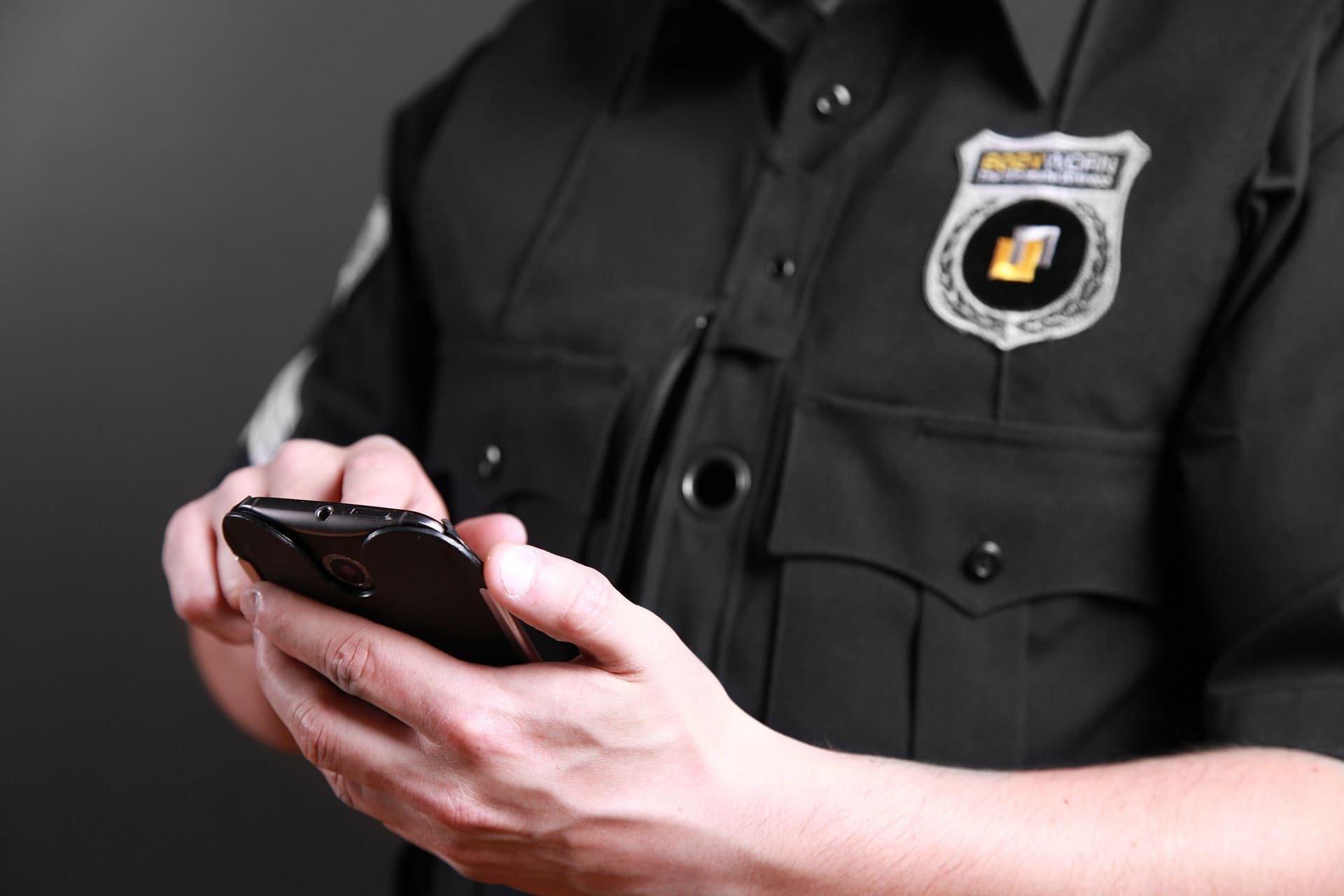
22 Jan Do the Police Need a Warrant to Take and Search My Phone?
Cell phones have become an essential part of our lives. But now that using a cell phone while driving is illegal in Arizona, you could get pulled over for talking on your phone or texting while driving. But can the police take and search your cell phone without a warrant? The same rules apply to your cell phone as the ones for searching through your car, home, or person—a police officer must have a warrant, your consent, or probable cause.
It’s essential that you understand your rights when a police officer pulls you over, whether you did something wrong or not. Let’s take a look at what this recent law change means for your right to privacy.
Can the police take my phone without a warrant?
Thanks to the Fourth Amendment, the police cannot seize and search your phone without a warrant if they do not have your consent or probable cause. Probable cause means that the police officer has reason to believe you committed a crime, or are in the process of committing one.
While the police are allowed to ask you to unlock your phone and hand it over, you have the right to decline this request. Without a warrant, the police cannot take your phone without your permission unless you are arrested.
But if the police suspect you committed a crime, they can take your phone as evidence, even without a warrant. The police can then hold your phone for as long as necessary during the investigation. However, you don’t have to give them your cellphone password. If you do not share your password, the police cannot check through your phone unless they get a warrant.
If a police officer wants to check your phone without your consent before or after they take it, then they need to show you a search warrant. Even if you’ve been arrested, the police may not search through your phone until they have obtained and presented you with a search warrant.
Exceptions to the Warrant Requirement
However, there are some situations where a police officer can legally search your property without a warrant, including:
- Automobile search—A police officer has probable cause to search the vehicle. Example: an illegal item is sitting on the passenger seat in plain view.
- Inventory search—The police have impounded the item. Example: a backpack was impounded, so police are allowed to search through it.
- Search incident to arrest—This law allows a police officer to search the person they have arrested.
- Verbal permission—A police officer doesn’t need a warrant because you’ve consented. Example: you get pulled over, the officer asks to see your phone, and you hand it over for them to look through.
In most cases, it’s in your best interest to decline an officer’s request to search you, your vehicle, your home, or your phone. If the police do have a warrant, ask to see it before you consent to a search.
A proper warrant will contain the name of the arrested person, their address, details of the items allowed to be taken, a deadline for the search, and a judge’s signature.
What laws protect me from an illegal search?
The Fourth Amendment protects you from unreasonable searches. Much like the police need probable cause to search your vehicle after pulling you over, they also need probable cause to search through your phone.
The Fifth Amendment also gives you the right to avoid incriminating testimony. This means that you’re allowed to remain silent—you do not have to help the officer with their search through your phone.
Phoenix Traffic Lawyer
Nothing beats proper representation in court. If you live in the Phoenix, Chandler, Gilbert, or Tempe areas, you can secure excellent legal help from Todd Coolidge. He can help fight your traffic offense and protect your rights. Whether the police take your phone during an arrest, search your phone without a warrant, or you’re faced with a traffic violation, don’t hesitate to give us a call. Contact the office of Todd Coolidge today for expert help with your case.
photo by BodyWornByUtility: image used under creative commons license – commercial use (01/22/2021) (Pixabay)




